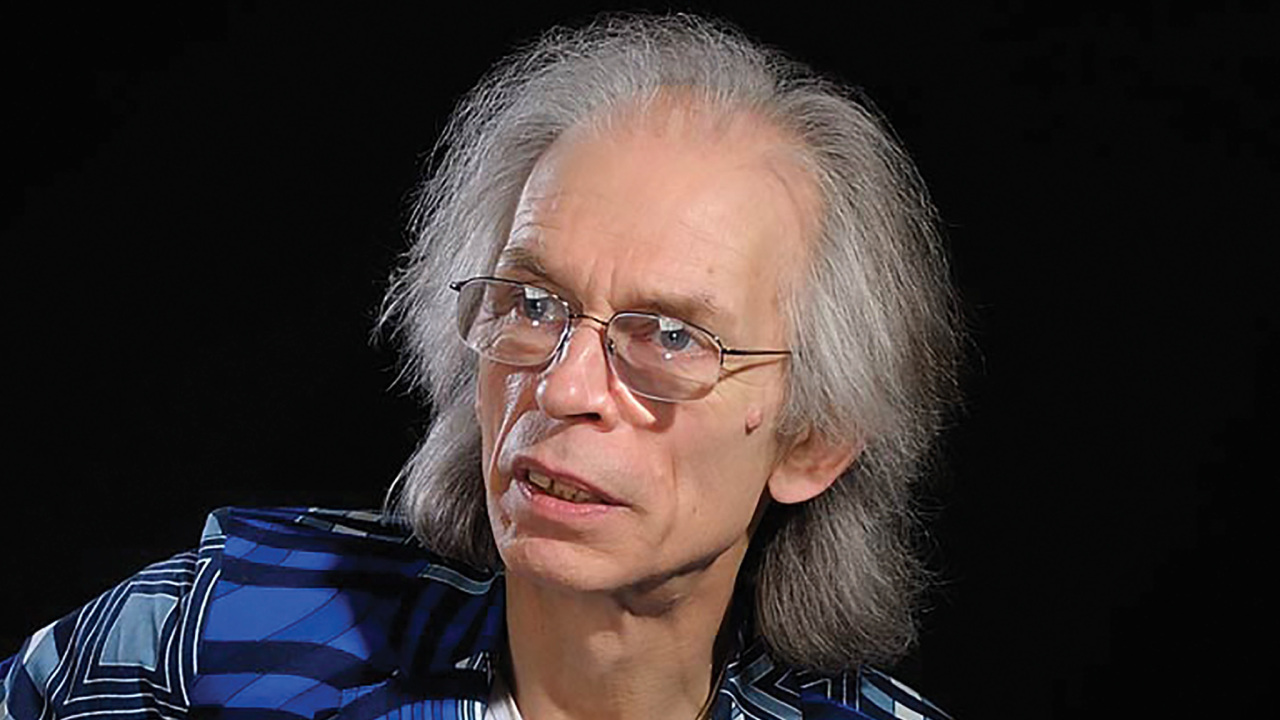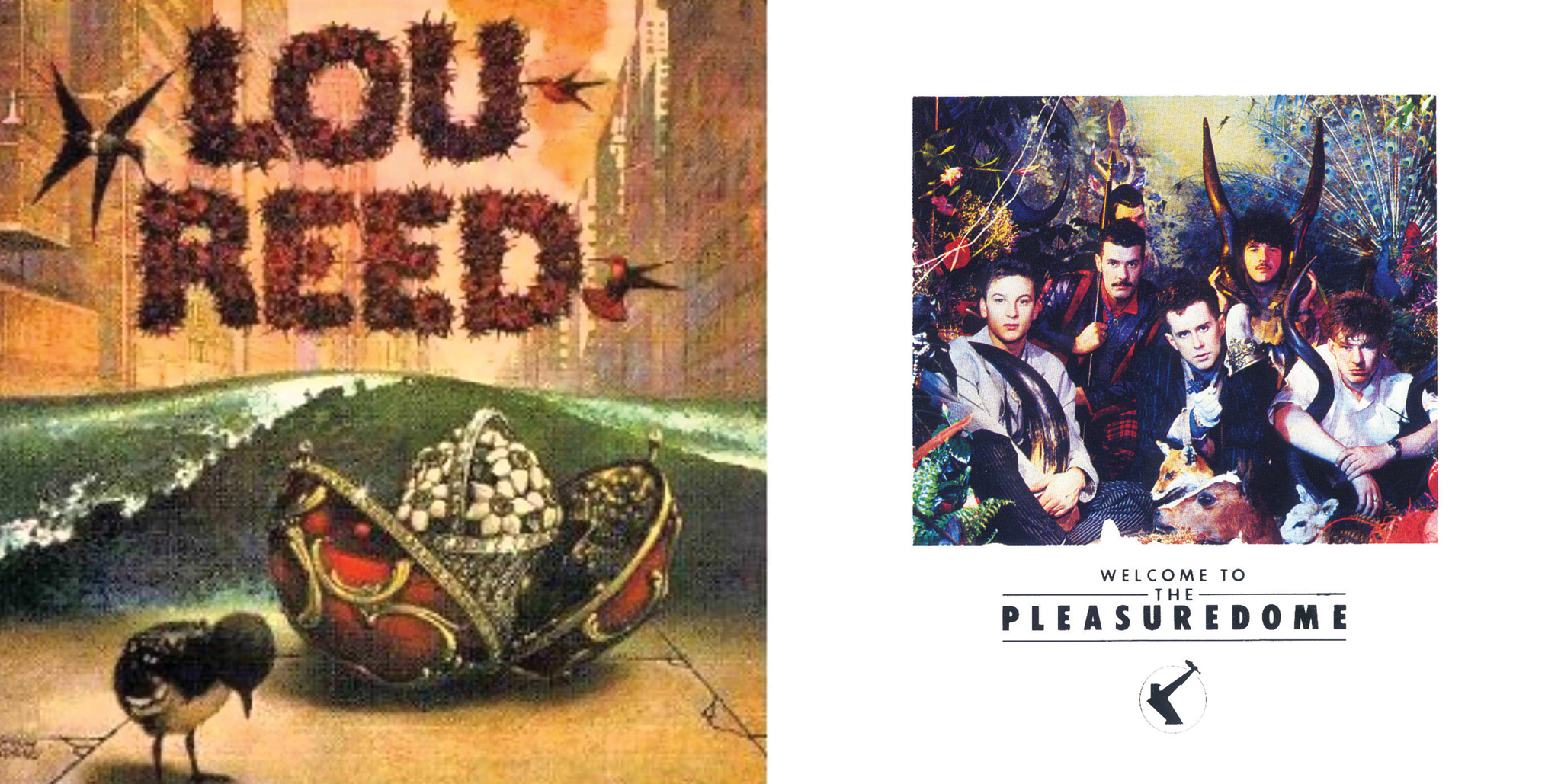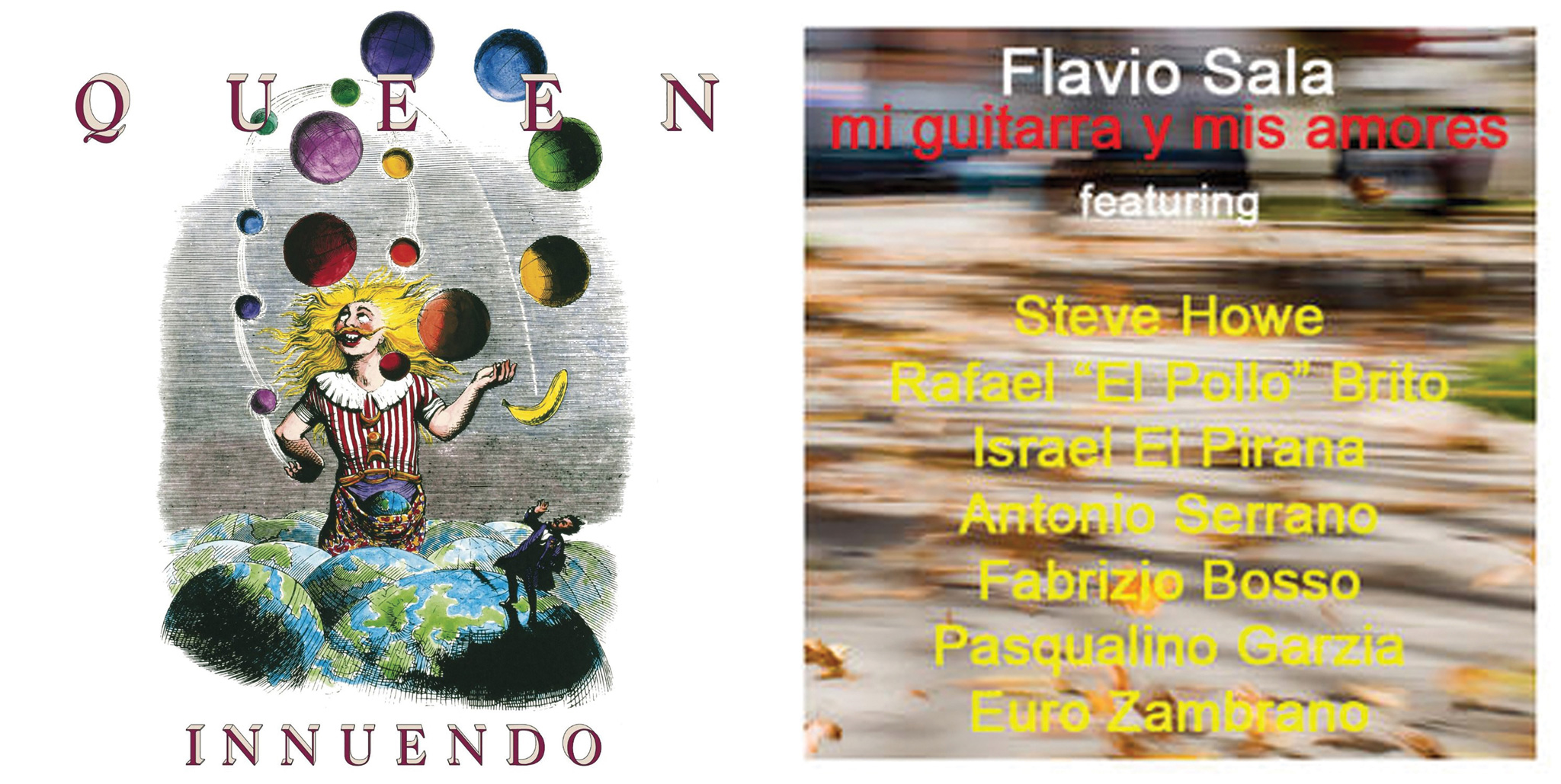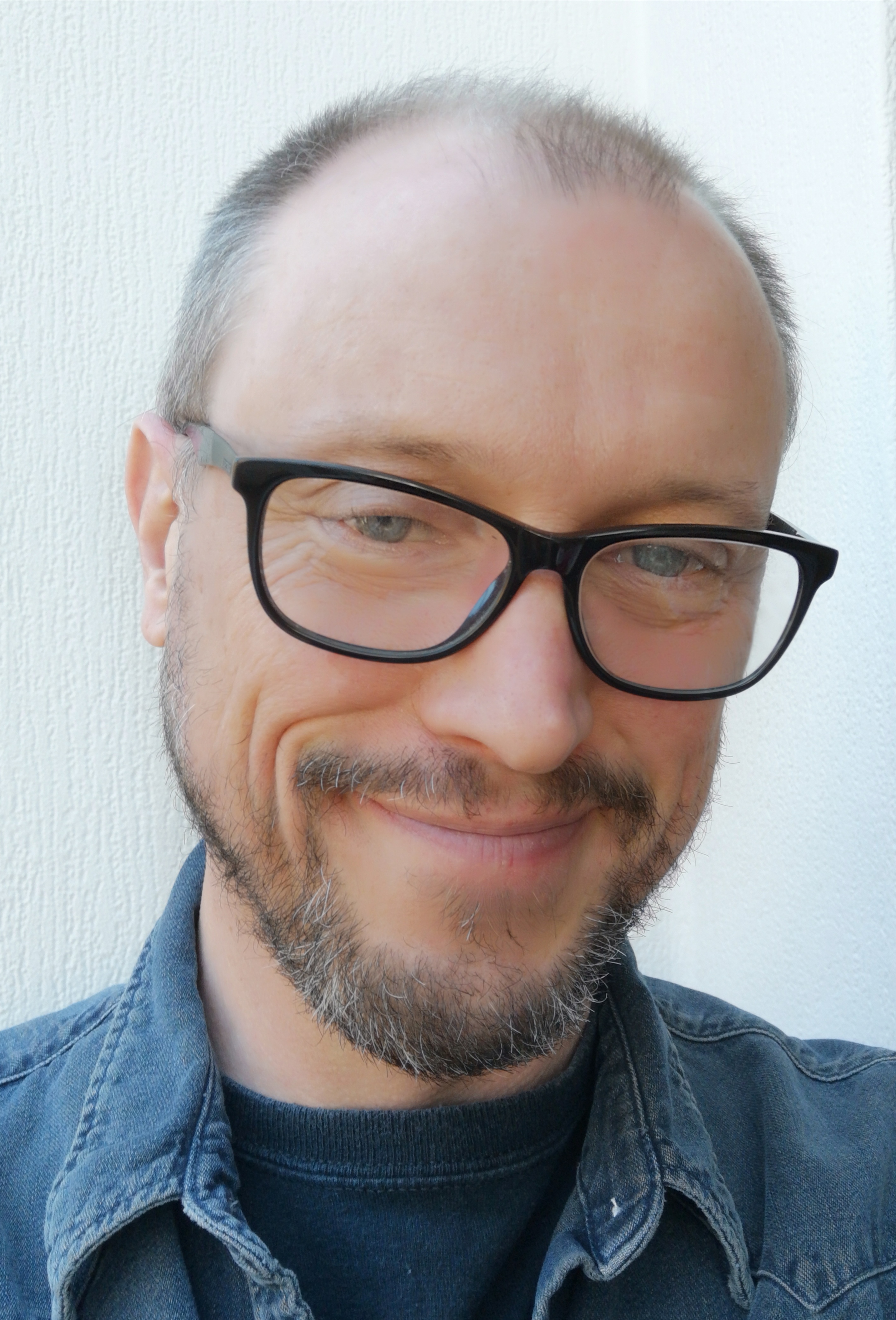In 1964, a young guitar hotshot got a call from the Head Of Warner Brothers London. Ian Ralfini was phoning 17 year-old Steve Howe to offer him a potentially career-making opportunity: Would he like to come down to the studio and play with Ella Fitzgerald?
“Obviously I said yes,” Howe tells Prog, an eventful half-century later. “I got straight on a bus from Holloway to Putney, walked in with my [Gibson ES-]175 and an amp, and two guys are carrying her out of the studio – she’s paralytic. I’m watching this in the corridor, the guys oblivious to this young kid with the guitar. So that session – ‘Steve Howe plays with Ella Fitzgerald’ – didn’t happen.”
But, as we know, the young kid did okay in the end. The guitarist and major architect of the Yes sound, Howe went on to worldwide acclaim, defining the vocabulary of progressive rock guitar and showing what, at its best, it could be. He’s also been unusually prolific. Chart his recorded output through his numerous musical incarnations over the years and there are very few fallow patches.
Under the tutelage of legendary session player Big Jim Sullivan, he first made his mark in the 60s with Joe Meek-produced combo The Syndicats and later cult psychedelicists Tomorrow. The 70s brought The Yes Album, Fragile and that band’s golden era; Asia punctuates the decades, along with other side projects such as the short-lived GTR with Steve Hackett, and numerous, often unlikely guest appearances (see below).
Parallel to all this is his highly eclectic solo discography, stretching from 1975’s proggy Beginnings a No.22 UK hit back when that meant something – up to 2011’s classical venture Time.
Howe’s solo side is celebrated in Anthology, a double-disc retrospective compiled with the invaluable help of his younger son (and more recently, bandmate), Virgil.
“Virgil’s grown up with my music,” says Howe. “He was born in ’75, the year I did Beginnings. We had three listening sessions together, four albums at a time, and we considered the merits of each individual track and how one would run into the other. We enjoyed putting our heads together. It was only when I listened back to the final master that I was hit with this sense of self-evaluation – like, ‘That’s the plot. When I’m not in Yes or Asia that’s what I do on my own.’ It feels good that there’s a means of looking at it all in one place in a different way.”
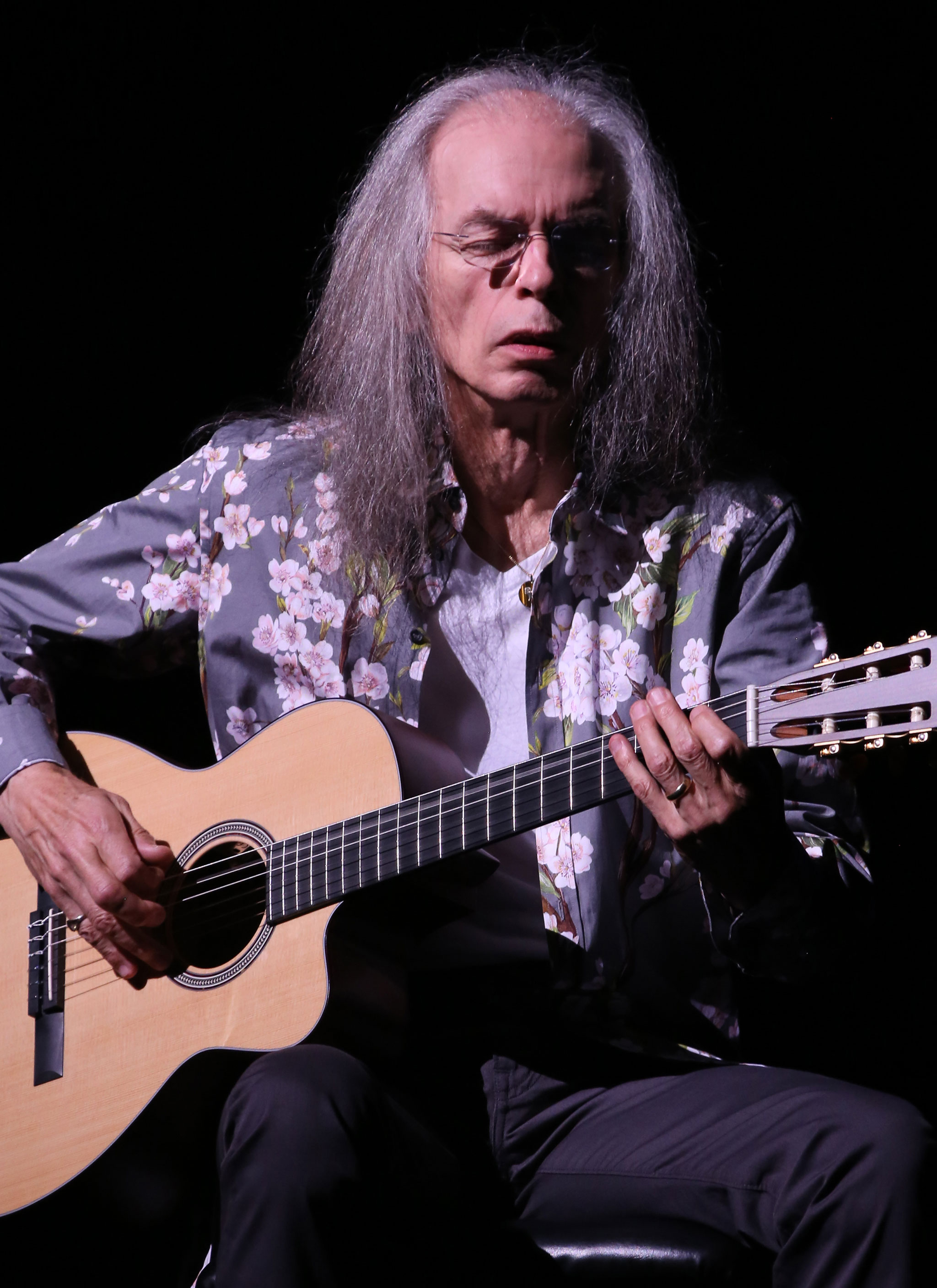
In person, Howe is everything you hope he’d be. Acutely knowledgeable about music – from his favourite player Chet Atkins to Charlie Christian to Wes Montgomery – he’s imbued with an uncynical, hippie-like love for the subject. He’ll pick up new music from Radio 3’s In Tune programme, and also sees something to enjoy in those completely unprog types The Libertines. And when discussing his process as a solo artist, he’s softly, subtly revealing.
Drawing on over a dozen albums, Anthology kicks off with a curio. So Bad is an R’n’B, mod-like instrumental from his formative 60s band The In Crowd, which morphed into Tomorrow. Beginnings was sandwiched between Yes’ Relayer and Going For The One; its ’79 successor, The Steve Howe Album, appeared between _Tormato _and Drama. Both are substantial, packed with prog, and feature contributions from ex and current Yes bandmates Bill Bruford, Alan White and Patrick Moraz.
“But it wasn’t at all like a Yes session,” Howe points out. “They came in to play my composition. Bill would come in and I’d say, ‘How do you want to play that?’ He’d try something, then say, ‘Maybe I should play simpler,’ and we’d try that. When I come to making a solo record I’m happy, and that generates a lot more wonderful music than ‘the angst’. Most, if not all, groups have ‘the angst’ sooner or later. Solo, only a few people can affect my view, and they’re not ramming it down my throat and they’re not competitive, so it’s a beautiful thing. No stress, no worry, no conflict.”
Indicative of its shred-guitar era, 1991 rocker Turbulence sees him flex his finger muscles with some noticeably noodly workouts. “The 80s got keyboardy, but Van Halen and Steve Morse came hurtling through as well with guitar. For Turbulence
I wanted stuff that was really poundy. Themes and guitar breaks from this got incorporated into [Yes’ 1991 album] Union, but I’ve always had a secretive side, and over the years there’s music I didn’t even give to Yes as an option.”
Collectively this stashed-away music makes for a substantial and stylistically diverse smorgasbord, from 1998’s Quantum Guitar, recorded with just his elder son, acclaimed drummer Dylan Howe to the following year’s tribute album, Portraits Of Bob Dylan. The 2000s were bookended by two Yes albums (Magnification, Fly From Here) and two Asia albums (Aura, Omega), but with six studio records it was his most fruitful solo decade to date too. Acoustic workout Natural Timbre (2001), jazz-meets-world Elements (2003) and 2008’s folky Motif attest to his undiminishing technique, his irrepressible flood of ideas, and a hunger to express them.
That hunger remains. Five decades after he didn’t play with Ella Fitzgerald and with Anthology giving him some perspective on his catalogue, 67 year-old Howe seems to be in a good place. “I’m doing absolutely fine, trucking along,” he says. “My health’s been great, I’ve been a vegetarian and meditating for 40 years. Life’s all about learning about that stuff, if you want to, and I did. It’s empowering making these decisions for yourself – ‘I’m not going to do this – end of story.’ And that kind of empowers you to make more choices. I’m not saying I got them all right – sod off! But the first person to start being kind to is yourself. As you get older your sense of proportion changes. Music stays important, family becomes increasingly more so.”
In this frame of mind Howe geared up for this month’s series of UK live dates to support the compilation’s release. “The preparation’s been different from my last solo shows, when I came off the back of a lot of intense touring. I’ve been able to come to it fresh. Live, I like to get a nice mixture of the textures – classical guitar, folk, maybe electric, steel and Dobro. It’s all part of my momentum.”
There’s not a hint of ‘the angst’ in his voice.
Anthology is out now on Rhino. See www.facebook.com/guitarrondo for more information.
Howe for hire!
Has guitar, will travel.
EMI RECORDS SESSIONS (1960s)
“I am a guitar for hire! There’s not many musical things I’d turn away from. In the 60s I played sessions for EMI. I was always playing rhythm, with Big Jim Sullivan [above] playing lead. And the big day came when the producer came down and said, ‘I want Steve to play lead and Jim rhythm.’ I thought, ‘Jesus, this could be the beginning of something big.’ I was off! All those things give you more confidence, if you survive them.”
** LOU REED** (Lou Reed, 1972)
“Yes were in [North London’s] Morgan Studios doing Tales From Topographic Oceans and through other channels Rick [Wakeman] and I got invited to play with Lou. He came in, played us a demo, fine, gave us the chart, and we played. I’ve got no idea what it sounds like. I’ll have to have a listen back. The openings for those kinds of guest things are fun. You start off thinking, ‘Oh, is this going to be alright?’ And that adds a little tinge to it.”
ZTT RECORDS SESSIONS (1985 & ’86)
“In the mid-80s there was this feeling around [ZTT producer] Trevor Horn. Sometimes I’d nip in to see him and things would spontaneously happen. I play this jazzy guitar on Propaganda’s track Murder Of Love. On Frankie Goes To Hollywood’s Welcome To The Pleasuredome Trevor asked me to come back the next day to add a Dobro guitar, and I played on two or three tracks from [FGTH’s second album] Liverpool, too.”
QUEEN (Innuendo, 1991)
“I was in a restaurant in Montreux and bumped into one of Queen’s techs. He said ‘Steve, come down to the studio, the lads would love to see you.’ It was a set-up! When
I got down there they’d set up the studio for me. They played me the whole album and it was stunning. And they said, ‘How about playing on Innuendo? Play like [Spanish flamenco guitarist] Paco De Lucía, just run around, go nuts.’ So I did.
** Flavio Sala** (Sabrosa, 2015)
“Flavio’s a phenomenal Italian classical guitarist, he’s really going somewhere with it. We just recorded the Chet Atkins tune Sabrosa. We worked out an arrangement of it, and he’s put it up on his website, www.flaviosala.com.”
